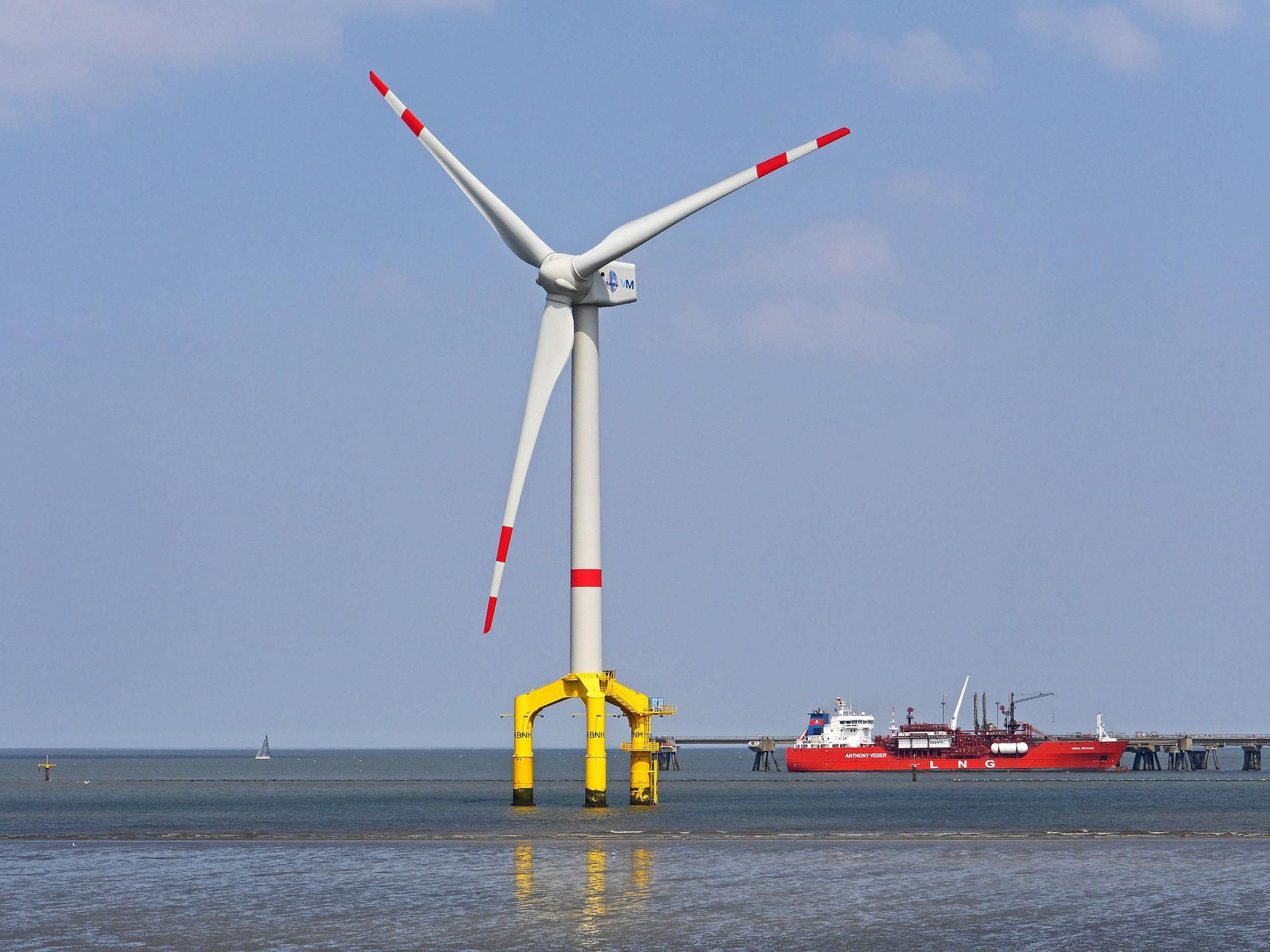The Joe Biden administration has announced a partnership with 11 states in the East Coast of the US in a bid to help accelerate the development of offshore wind energy facilities.
“The partnership will support efforts to provide Americans with cleaner and cheaper energy, create good-paying jobs, and make historic investments in new American energy supply chains, manufacturing, shipbuilding, and servicing,” the White House said in a statement on Thursday, announcing the initiative.
As the very first step of the this initiative, the White House announced “commitments” to expand offshore wind energy facilities, “manufacturing facilities to port capabilities to workforce development,” the statement added.
Also read | Local monkeypox transmission in US confirmed by CDC
The White House went on to remind that Biden had “set a bold goal of deploying 30 gigawatts (GW) of offshore wind by 2030, enough to power 10 million homes with clean energy, support 77,000 jobs, and spur $12 billion per year in private investment in offshore wind projects.”
“Since then, the Biden Administration has approved the first large-scale projects, established new wind energy areas, and held record-breaking wind auctions—signature achievements that advance the President’s commitment to tackle the climate crisis and strengthen American energy security,” the statement emphasized.
While the current focus on developing and expanding offshore wind energy facilities and capabilities in the East Coast, namely, in the states of Connecticut, Delaware, Maine, Maryland, Massachusetts, New Hampshire, New Jersey, New York, North Carolina, Pennsylvania and Rhode Island, the eventual plan is to also expand to the West Coast of the country.
Also read | Jan 6 Capitol riots hearing Day 5: Three key takeaways
However, there is a potential hiccup in Biden’s plan.
Offshore wind installations require enormous components that are dependent on ships ferrying workers. The US, however, lacks its own fleet, and is dependent on vessels built overseas.
Congress, however, is considering legislation that will require said vessels to be staffed by American crews, something that the offshore wind industry opposes on the grounds of there being a lack of trained American seafarers to operate those vessels.






